LEVEL 4 DISTANCING MEASURES EXTENDED
입력 2021.07.23 (15:12)
수정 2021.07.23 (16:46)
읽어주기 기능은 크롬기반의
브라우저에서만 사용하실 수 있습니다.
[Anchor Lead]
COVID-19 case numbers are not going down despite distancing levels raised in the capital region and elsewhere. Therefore the highest Level 4 distancing has been extended by 2 more weeks for the metro area. For the rest of the country, the government is comtemplating whether stronger quarantine protocols are necessary. Experts say reducing movement and contacts is the best way until the vaccination rate gets higher.
[Pkg]
In the capital area where the toughest curbs are in place, weekly infections are seeing a modest slowdown. Authorities believe the effects of the latest measures are showing little by little. The problem lies with non-capital regions where case numbers are growing in percentage. This is why additional nationwide restrictions may be necessary as the summer vacation season begins.
[Soundbite] Prof. Jeong Jae-hoon(Gachon Univ. College of Medicine) : "Unilateral distancing measures are necessary for non-capital areas while Level 4 should be considered for big cities outside of Seoul that are reporting serious outbreaks."
As the Delta variant is spreading fast and infections in daily life continue, the government believes the current wave of the outbreak has yet to reach its peak and it will be longer than the third. People’s movement and contacts must decrease by 20% in order to curb the spread but this has yet to be achieved, which explains the extension of Level 4 distancing in the metropolitan area. Meanwhile the virus reproduction rate which refers to the number of infections caused by a single patient has surpassed 1.3. Most new infections are from young adults and the middle aged who tend to be socially active. Experts say reducing social contacts is the best way to bring down infections.
[Soundbite] Prof. Choi Won-seok(Korea Univ. Ansan Hospital) : "There are discussions on applying more restrictions on certain businesses or tightening the gathering ban."
Some believe selective quarantine measures should be considered to minimize economic losses in preparation for an extended duration of tough distancing curbs.
[Soundbite] Prof. Lee Jeong-hee(Chung-Ang Univ. School of Economics) : "The longer the restrictions last, the more extensive the scope of compensation will be. I think it’s necessary to tighten measures on main infection sources and be more flexible in other areas."
Following the decision to extend the toughest distancing measures in the Seoul area, the government will announce plans for stronger antivirus measures in non-capital areas on Sunday at the earliest.
COVID-19 case numbers are not going down despite distancing levels raised in the capital region and elsewhere. Therefore the highest Level 4 distancing has been extended by 2 more weeks for the metro area. For the rest of the country, the government is comtemplating whether stronger quarantine protocols are necessary. Experts say reducing movement and contacts is the best way until the vaccination rate gets higher.
[Pkg]
In the capital area where the toughest curbs are in place, weekly infections are seeing a modest slowdown. Authorities believe the effects of the latest measures are showing little by little. The problem lies with non-capital regions where case numbers are growing in percentage. This is why additional nationwide restrictions may be necessary as the summer vacation season begins.
[Soundbite] Prof. Jeong Jae-hoon(Gachon Univ. College of Medicine) : "Unilateral distancing measures are necessary for non-capital areas while Level 4 should be considered for big cities outside of Seoul that are reporting serious outbreaks."
As the Delta variant is spreading fast and infections in daily life continue, the government believes the current wave of the outbreak has yet to reach its peak and it will be longer than the third. People’s movement and contacts must decrease by 20% in order to curb the spread but this has yet to be achieved, which explains the extension of Level 4 distancing in the metropolitan area. Meanwhile the virus reproduction rate which refers to the number of infections caused by a single patient has surpassed 1.3. Most new infections are from young adults and the middle aged who tend to be socially active. Experts say reducing social contacts is the best way to bring down infections.
[Soundbite] Prof. Choi Won-seok(Korea Univ. Ansan Hospital) : "There are discussions on applying more restrictions on certain businesses or tightening the gathering ban."
Some believe selective quarantine measures should be considered to minimize economic losses in preparation for an extended duration of tough distancing curbs.
[Soundbite] Prof. Lee Jeong-hee(Chung-Ang Univ. School of Economics) : "The longer the restrictions last, the more extensive the scope of compensation will be. I think it’s necessary to tighten measures on main infection sources and be more flexible in other areas."
Following the decision to extend the toughest distancing measures in the Seoul area, the government will announce plans for stronger antivirus measures in non-capital areas on Sunday at the earliest.
■ 제보하기
▷ 카카오톡 : 'KBS제보' 검색, 채널 추가
▷ 전화 : 02-781-1234, 4444
▷ 이메일 : kbs1234@kbs.co.kr
▷ 유튜브, 네이버, 카카오에서도 KBS뉴스를 구독해주세요!
- LEVEL 4 DISTANCING MEASURES EXTENDED
-
- 입력 2021-07-23 15:12:08
- 수정2021-07-23 16:46:35
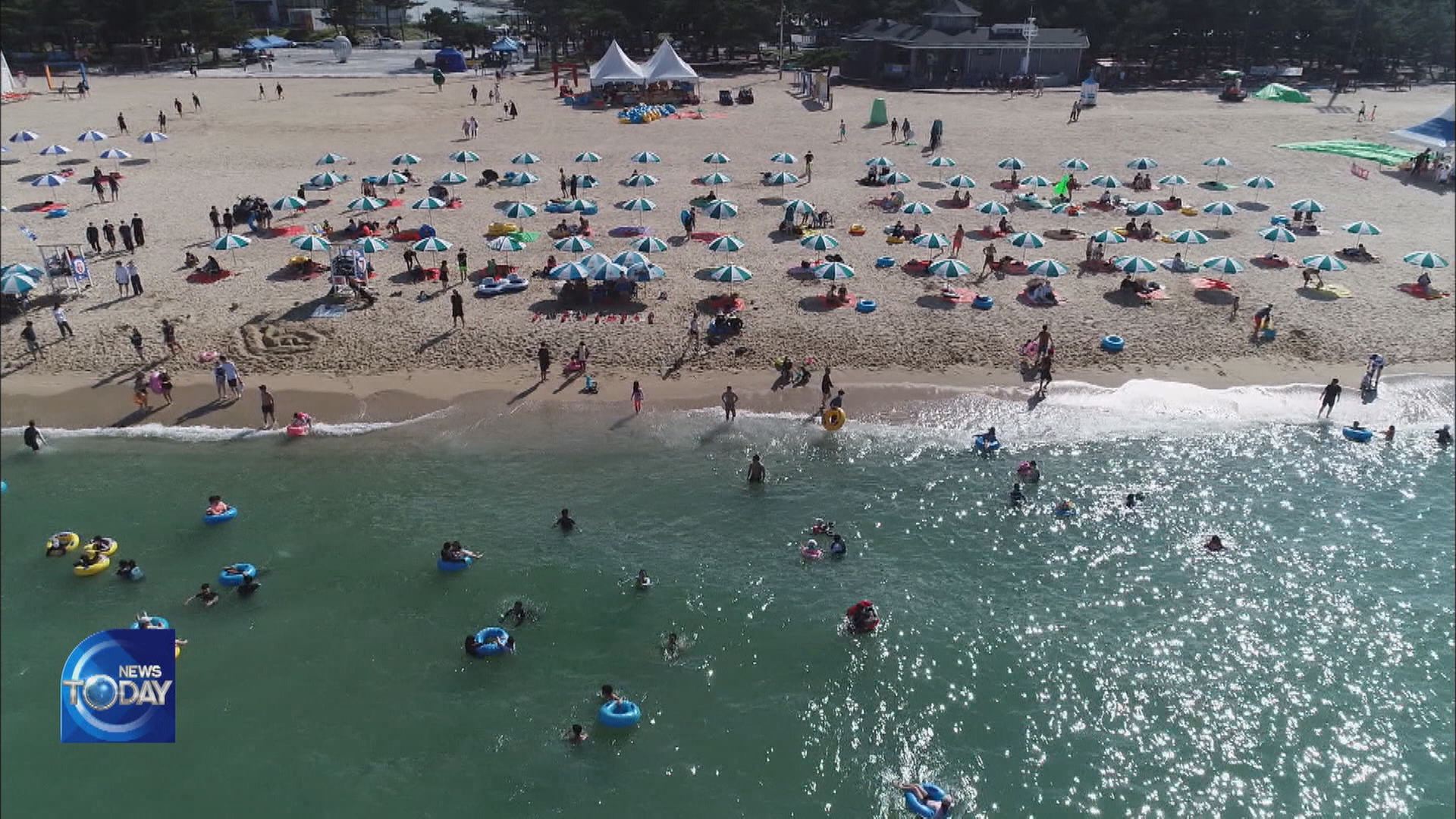
[Anchor Lead]
COVID-19 case numbers are not going down despite distancing levels raised in the capital region and elsewhere. Therefore the highest Level 4 distancing has been extended by 2 more weeks for the metro area. For the rest of the country, the government is comtemplating whether stronger quarantine protocols are necessary. Experts say reducing movement and contacts is the best way until the vaccination rate gets higher.
[Pkg]
In the capital area where the toughest curbs are in place, weekly infections are seeing a modest slowdown. Authorities believe the effects of the latest measures are showing little by little. The problem lies with non-capital regions where case numbers are growing in percentage. This is why additional nationwide restrictions may be necessary as the summer vacation season begins.
[Soundbite] Prof. Jeong Jae-hoon(Gachon Univ. College of Medicine) : "Unilateral distancing measures are necessary for non-capital areas while Level 4 should be considered for big cities outside of Seoul that are reporting serious outbreaks."
As the Delta variant is spreading fast and infections in daily life continue, the government believes the current wave of the outbreak has yet to reach its peak and it will be longer than the third. People’s movement and contacts must decrease by 20% in order to curb the spread but this has yet to be achieved, which explains the extension of Level 4 distancing in the metropolitan area. Meanwhile the virus reproduction rate which refers to the number of infections caused by a single patient has surpassed 1.3. Most new infections are from young adults and the middle aged who tend to be socially active. Experts say reducing social contacts is the best way to bring down infections.
[Soundbite] Prof. Choi Won-seok(Korea Univ. Ansan Hospital) : "There are discussions on applying more restrictions on certain businesses or tightening the gathering ban."
Some believe selective quarantine measures should be considered to minimize economic losses in preparation for an extended duration of tough distancing curbs.
[Soundbite] Prof. Lee Jeong-hee(Chung-Ang Univ. School of Economics) : "The longer the restrictions last, the more extensive the scope of compensation will be. I think it’s necessary to tighten measures on main infection sources and be more flexible in other areas."
Following the decision to extend the toughest distancing measures in the Seoul area, the government will announce plans for stronger antivirus measures in non-capital areas on Sunday at the earliest.
COVID-19 case numbers are not going down despite distancing levels raised in the capital region and elsewhere. Therefore the highest Level 4 distancing has been extended by 2 more weeks for the metro area. For the rest of the country, the government is comtemplating whether stronger quarantine protocols are necessary. Experts say reducing movement and contacts is the best way until the vaccination rate gets higher.
[Pkg]
In the capital area where the toughest curbs are in place, weekly infections are seeing a modest slowdown. Authorities believe the effects of the latest measures are showing little by little. The problem lies with non-capital regions where case numbers are growing in percentage. This is why additional nationwide restrictions may be necessary as the summer vacation season begins.
[Soundbite] Prof. Jeong Jae-hoon(Gachon Univ. College of Medicine) : "Unilateral distancing measures are necessary for non-capital areas while Level 4 should be considered for big cities outside of Seoul that are reporting serious outbreaks."
As the Delta variant is spreading fast and infections in daily life continue, the government believes the current wave of the outbreak has yet to reach its peak and it will be longer than the third. People’s movement and contacts must decrease by 20% in order to curb the spread but this has yet to be achieved, which explains the extension of Level 4 distancing in the metropolitan area. Meanwhile the virus reproduction rate which refers to the number of infections caused by a single patient has surpassed 1.3. Most new infections are from young adults and the middle aged who tend to be socially active. Experts say reducing social contacts is the best way to bring down infections.
[Soundbite] Prof. Choi Won-seok(Korea Univ. Ansan Hospital) : "There are discussions on applying more restrictions on certain businesses or tightening the gathering ban."
Some believe selective quarantine measures should be considered to minimize economic losses in preparation for an extended duration of tough distancing curbs.
[Soundbite] Prof. Lee Jeong-hee(Chung-Ang Univ. School of Economics) : "The longer the restrictions last, the more extensive the scope of compensation will be. I think it’s necessary to tighten measures on main infection sources and be more flexible in other areas."
Following the decision to extend the toughest distancing measures in the Seoul area, the government will announce plans for stronger antivirus measures in non-capital areas on Sunday at the earliest.
이 기사가 좋으셨다면
-
좋아요
0
-
응원해요
0
-
후속 원해요
0










![[HEADLINE]](https://news.kbs.co.kr/data/news/title_image/newsmp4/news_today/2021/07/23/10_5240858.jpeg)
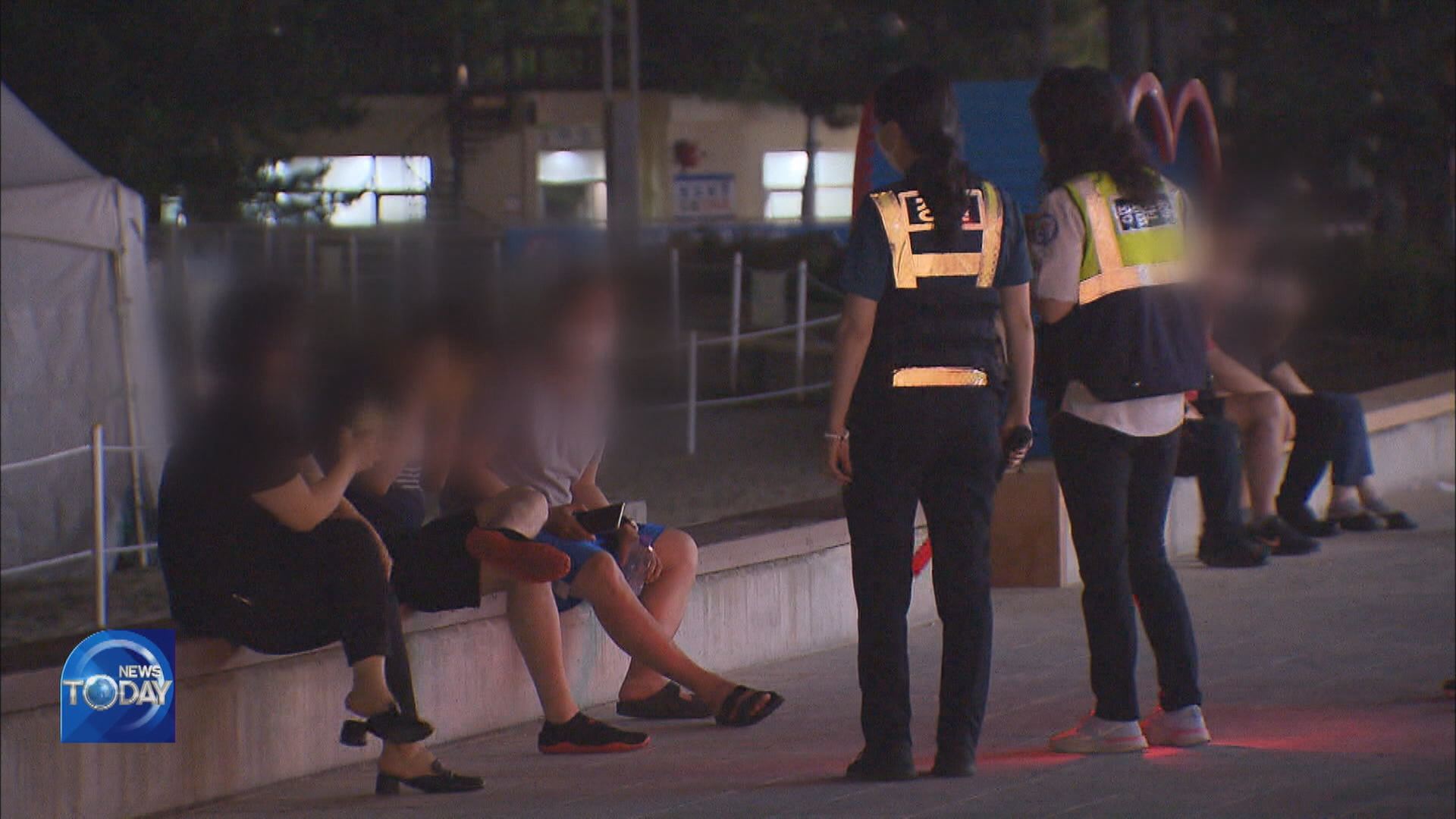
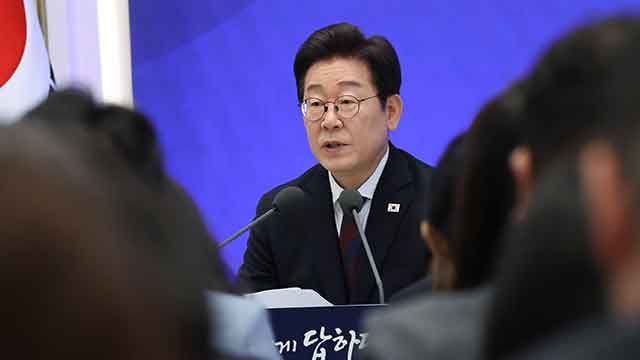
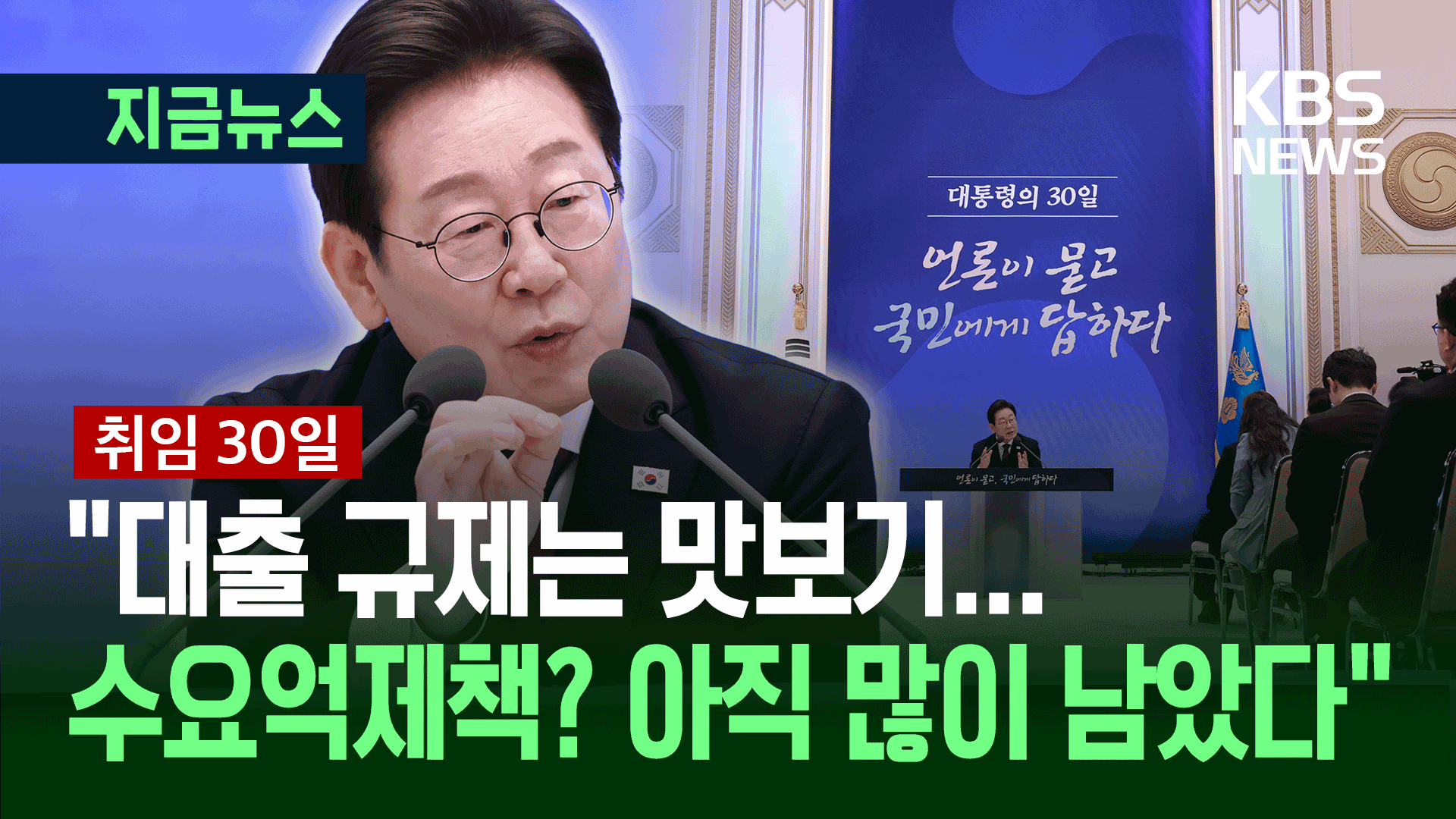
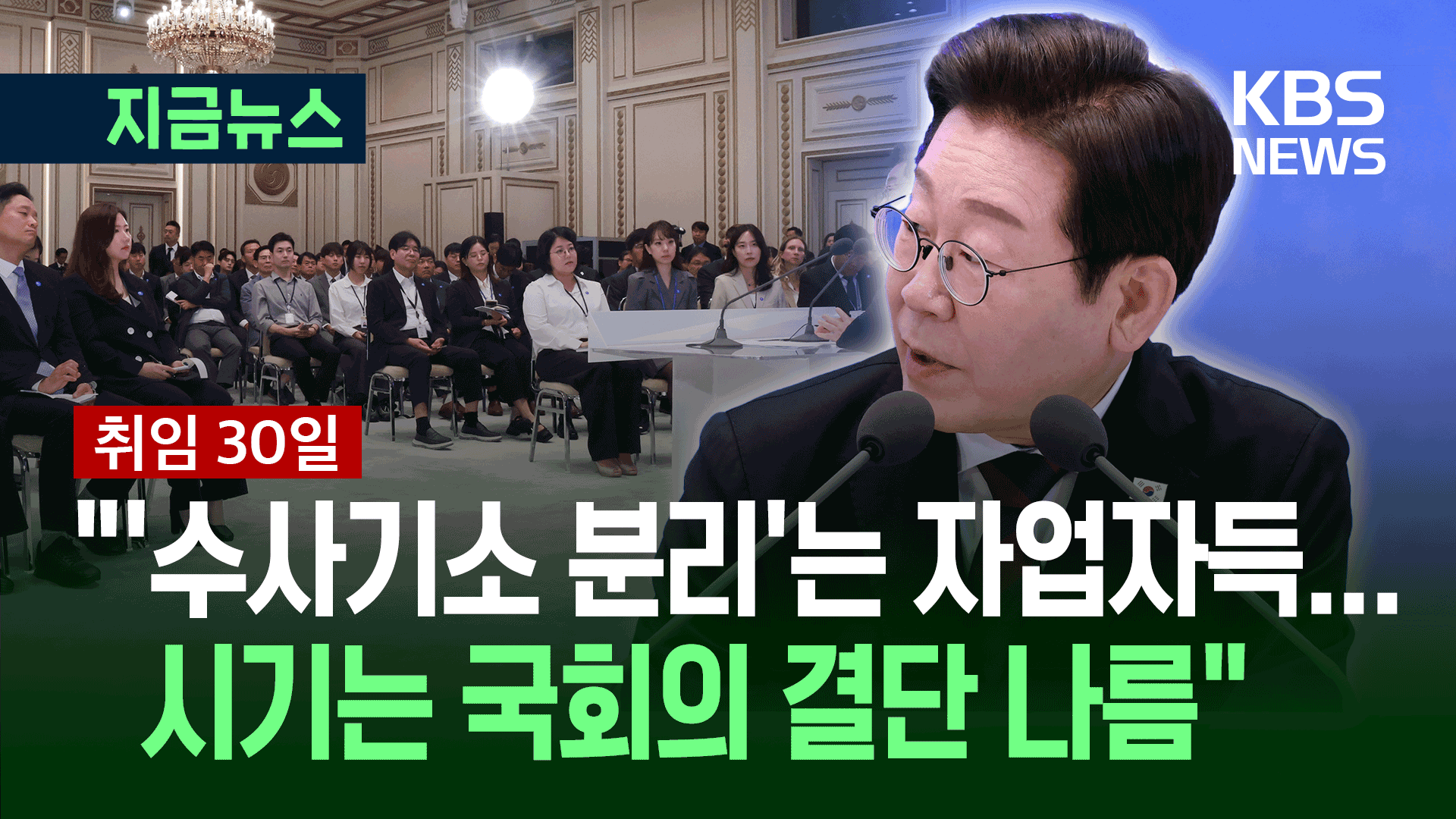
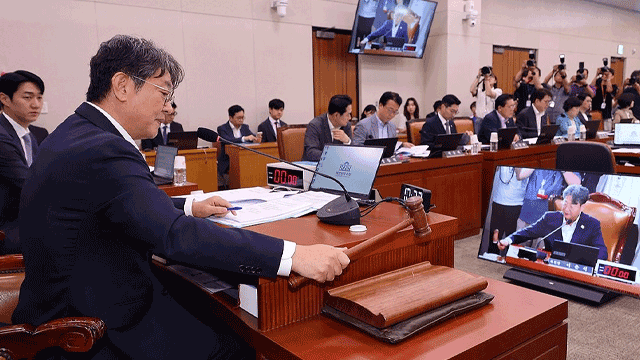

이 기사에 대한 의견을 남겨주세요.